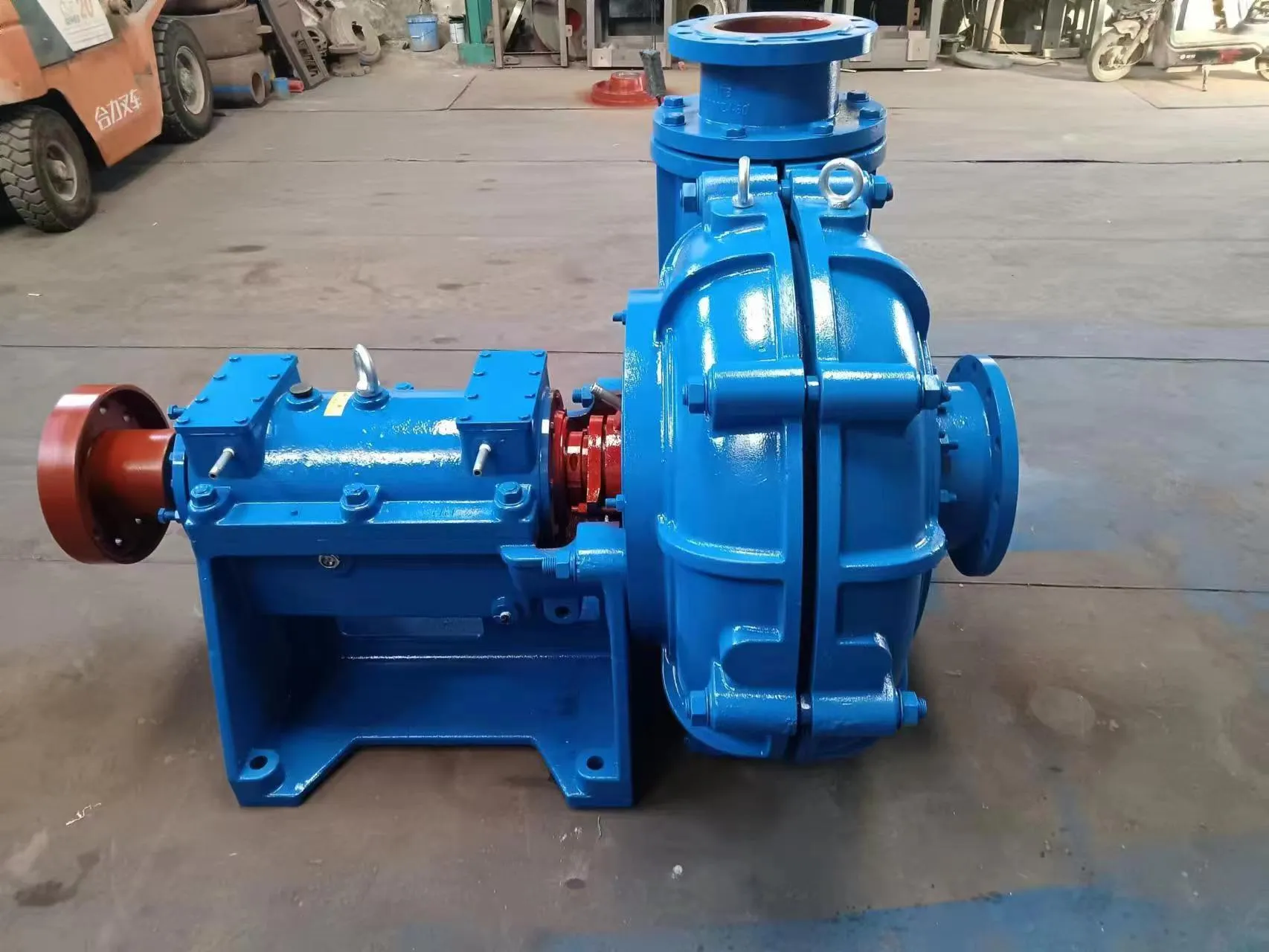English
- Afrikaans
- Albanian
- Amharic
- Arabic
- Armenian
- Azerbaijani
- Basque
- Belarusian
- Bengali
- Bosnian
- Bulgarian
- Catalan
- Cebuano
- Corsican
- Croatian
- Czech
- Danish
- Dutch
- English
- Esperanto
- Estonian
- Finnish
- French
- Frisian
- Galician
- Georgian
- German
- Greek
- Gujarati
- Haitian Creole
- hausa
- hawaiian
- Hebrew
- Hindi
- Miao
- Hungarian
- Icelandic
- igbo
- Indonesian
- irish
- Italian
- Japanese
- Javanese
- Kannada
- kazakh
- Khmer
- Rwandese
- Korean
- Kurdish
- Kyrgyz
- Lao
- Latin
- Latvian
- Lithuanian
- Luxembourgish
- Macedonian
- Malgashi
- Malay
- Malayalam
- Maltese
- Maori
- Marathi
- Mongolian
- Myanmar
- Nepali
- Norwegian
- Norwegian
- Occitan
- Pashto
- Persian
- Polish
- Portuguese
- Punjabi
- Romanian
- Russian
- Samoan
- Scottish Gaelic
- Serbian
- Sesotho
- Shona
- Sindhi
- Sinhala
- Slovak
- Slovenian
- Somali
- Spanish
- Sundanese
- Swahili
- Swedish
- Tagalog
- Tajik
- Tamil
- Tatar
- Telugu
- Thai
- Turkish
- Turkmen
- Ukrainian
- Urdu
- Uighur
- Uzbek
- Vietnamese
- Welsh
- Bantu
- Yiddish
- Yoruba
- Zulu
Telephone: +86 13120555503
Email: frank@cypump.com
Dec . 04, 2024 21:25 Back to list
High Efficiency Rubber Slurry Pump for Mining and Industrial Applications
Understanding Rubber Slurry Pumps Design, Applications, and Benefits
Rubber slurry pumps are specialized centrifugal pumps designed to handle abrasive and corrosive slurries, which are mixtures of solids and liquids. These pumps are an essential part of various industrial processes involving the transport of thick, heavy materials, such as minerals, coal, and other particulate substances. With their unique design, rubber slurry pumps provide several advantages that make them an ideal choice for demanding applications.
Design Features
The primary feature that distinguishes rubber slurry pumps from other types of pumps is their construction materials. The pump casing, impellers, and other internal components are made of high-quality rubber or rubber-lined materials. This construction offers superior resistance to wear and tear that often arises from the abrasive nature of slurries. Additionally, the flexibility of rubber helps absorb shock loads and vibrations, enhancing the overall durability of the pump.
Another important design aspect is the hydraulic design of the impeller and casing. Optimized fluid dynamics allow for efficient movement of slurries with minimal energy consumption. The sizes of the inlet and outlet ports are tailored to accommodate the specific viscosity and particle size of the material being pumped, ensuring smooth operation and reducing the chances of clogging.
Applications
Rubber slurry pumps are widely used across various industries. In the mining industry, these pumps play a crucial role in transporting tailings, concentrate slurries, and other mineralized materials. They are capable of handling materials with high solid content, which is essential in mineral processing operations.
In the construction sector, rubber slurry pumps are employed for transporting cement, sand, and other construction materials mixed with water. Their robust design allows them to manage the heavy loads associated with these applications efficiently.
rubber slurry pump

In the chemical industry, these pumps are used to move corrosive slurries that may contain chemicals, acids, or other harmful substances. The rubber materials used in the construction of the pumps provide an added layer of protection against corrosion, extending the lifespan of the equipment and ensuring safe operation.
Benefits of Rubber Slurry Pumps
One of the most significant advantages of rubber slurry pumps is their durability. The wear-resistant properties of rubber allow these pumps to last significantly longer than other materials, reducing maintenance costs and downtime. This longevity translates into increased productivity for industries relying on these pumps.
Additionally, rubber slurry pumps are relatively lightweight compared to their metal counterparts, making them easier to install and maintain. Their flexibility in design means they can be customized to meet specific operational requirements, further enhancing their versatility.
The efficient design of rubber slurry pumps also translates into energy savings. By minimizing friction losses and optimizing flow rates, these pumps help lower operational costs, making them a cost-effective solution over their lifespan.
Conclusion
In conclusion, rubber slurry pumps are an indispensable component in various industrial applications where handling abrasive and corrosive materials is required. Their specialized design, made of rubber and rubber-lined materials, ensures durability and efficiency, making them ideal for use in mining, construction, and chemical industries. The benefits of reduced wear, energy savings, and ease of maintenance further solidify their role in modern industrial processes. As industries continue to seek efficient solutions for handling challenging materials, rubber slurry pumps will undoubtedly remain a key player in the field of pumping technology.
-
Horizontal Split Case Pump with GPT-4 Turbo | High Efficiency
NewsAug.01,2025
-
ISG Series Pipeline Pump - Chi Yuan Pumps | High Efficiency, Durable Design
NewsAug.01,2025
-
Advanced Flue Gas Desulfurization Pump with GPT-4 Turbo | Durable & Efficient
NewsJul.31,2025
-
ISG Series Vertical Pipeline Pump - Chi Yuan Pumps | Advanced Hydraulic Design&Durable Construction
NewsJul.31,2025
-
ISG Series Vertical Pipeline Pump - Chi Yuan Pumps | Energy Efficient & Low Noise
NewsJul.31,2025
-
pipeline pump - Chi Yuan Pumps Co., LTD.|High Efficiency&Low Noise
NewsJul.31,2025










